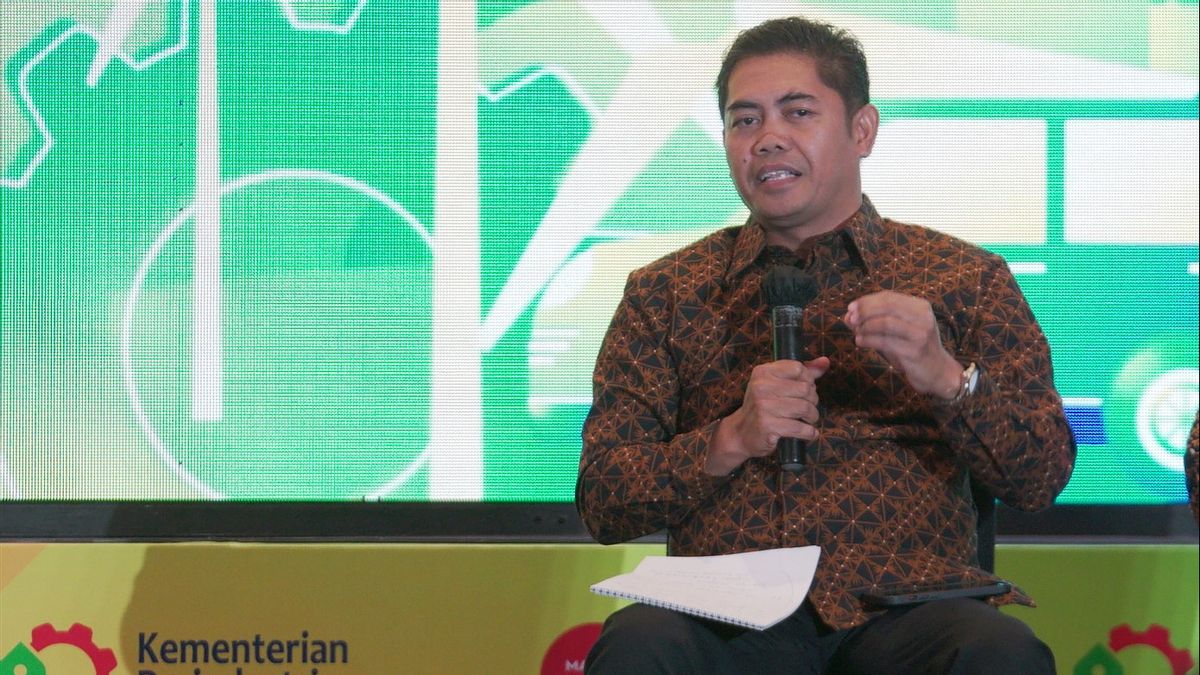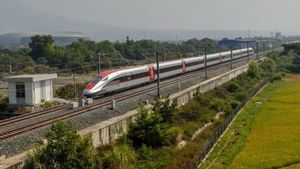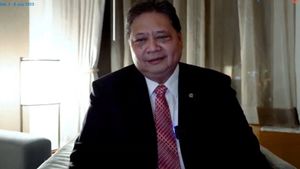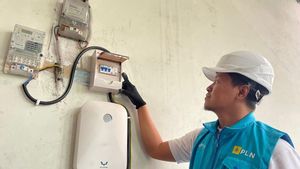The Ministry of Industry (Kemenperin) affirms its commitment to developing the industrial sector through various strategies related to the 2025-2045 National Long-Term Development Plan (RPJMN) at The 11th Annual US-Indonesia Investment Summit.
This meeting was held by the United States Chamber of Commerce with the theme "Mapping the Legacy, Navigating the Future".
The Director General of Resilience, Regional Affairs and International Industrial Access (KPAII) of the Ministry of Industry Eko S. A. Cahyanto stated that there are six (6) main strategies to encourage the growth of the industrial sector.
"First, the government is focused on implementing a green economy and circulars to enable sustainable industrial production. Second, efforts are emphasized on strengthening the basic industry and the domestic value chain which still has great potential to continue to be improved," said Eko in a press release received by VOI, Tuesday, November 7.
Furthermore, or thirdly, the government is committed to continuing its downstream policy in order to explore the industrial structure, especially the mining, agro, and maritime sectors, which are the main focuses.
Fourth, increasing the complexity of industrial products through research, innovation, and collaboration and technology adoption are emphasized strategies.
In addition, Indonesia seeks to improve the quality of production factors, including competent human resources (HR) and encourage improvement in connectivity and logistics infrastructure.
"Finally, the government continues to strive to integrate industrial supporting ecosystems through the development of financing ecosystems, tax reforms, and improvements to standard-related infrastructure," said Eko.
Eko assessed that all of these strategies are in line with the vision of national industrial development to become a strong, highly competitive industrial country globally, and based on innovation and technology.
"There are 10 types of industries that are prioritized, including the basic metal industry, capital goods industry, and the mainstay sector such as the food industry and the transportation equipment industry," he said.
He added that the Indonesian government is also focusing efforts on securing the industry as part of investment security, both from within and outside the country.
The policy, for example, Operational Permits and Industrial Activity Mobility (IOMKI) as well as incentives for industries that maintain production and employment levels, are still enforced, especially in the context of the pandemic.
SEE ALSO:
Programs related to the Domestic Content Level (TKDN) are also of concern to the government, including transparency in e-catalog. In addition, the Ministry of Industry continues to encourage the implementation of a certain Natural Gas Price (HGBT) policy for other industrial sectors, so that long-term investments can be optimized.
"The Indonesian government is also actively collaborating with partner countries, such as through the Indo Pacific Economic Framework (IPEF) forum, which focuses not only on tariffs but on facilitating supply chains," he said.
In the sideline session of The 11th Annual US-Indonesia Investment Summit, the Ministry of Industry shared developments, policies and investments in the industrial sector to representatives from various institutions and companies, including the United States Embassy, American Chamber of Commerce (AMCHAM) Indonesia, Bank of America, as well as well as well as well-known companies such as Cargill, Kraft Heinz, Medtronic, Pfizer Indonesia, Caterpillar Finance, PT GE Operations, PT Siemens Healthmakers, Reckitt, and Vrians & Partners.
The English, Chinese, Japanese, Arabic, and French versions are automatically generated by the AI. So there may still be inaccuracies in translating, please always see Indonesian as our main language. (system supported by DigitalSiber.id)
















